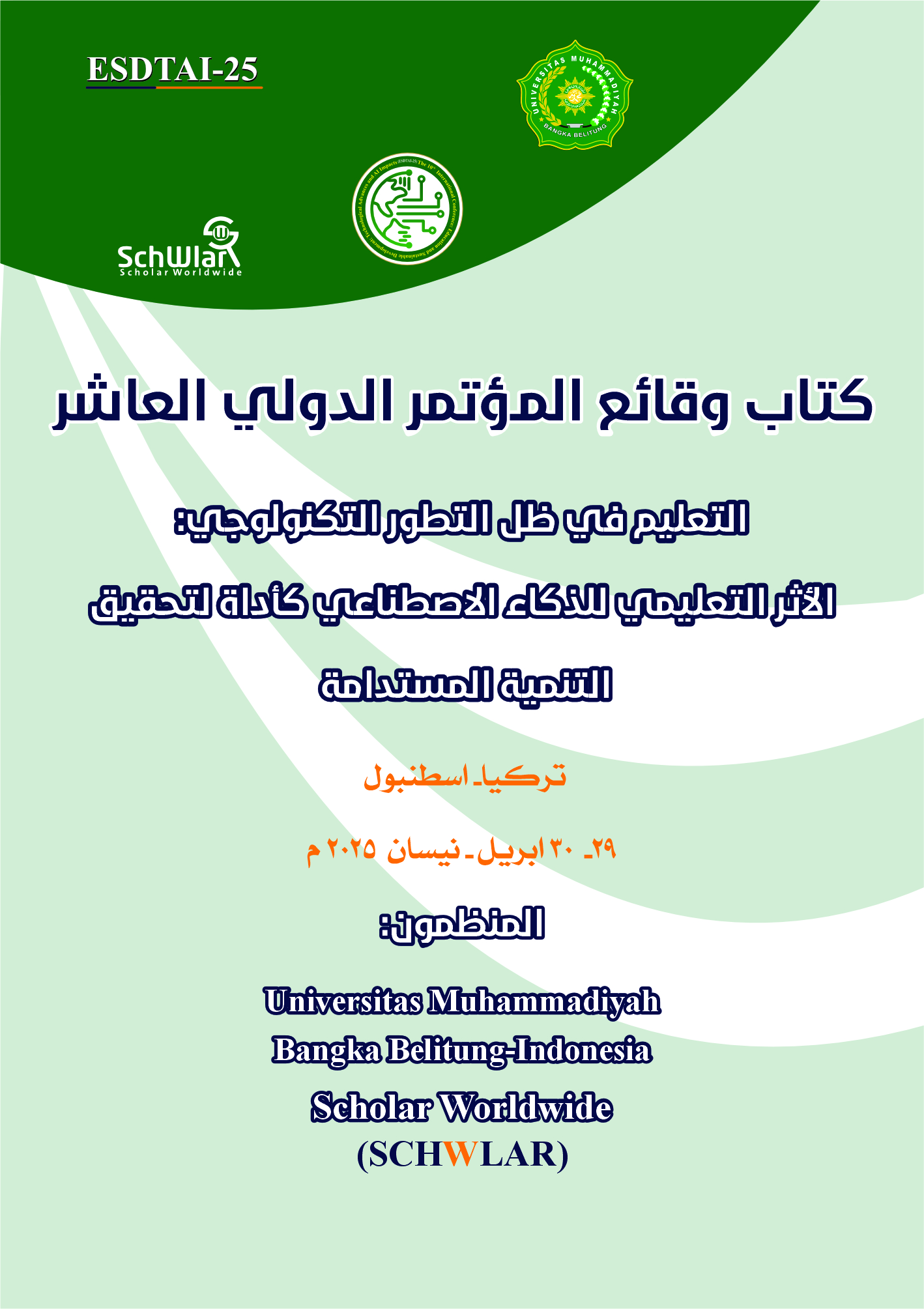Moral Damage in Iraqi Law: An Analytical Study in Light of Judicial Texts and Applications
Main Article Content
Abstract
The legal concept of moral damage is one of the intricate legal topics that occupies a significant space within the realm of civil liability, due to its direct connection to human dignity and personal feelings. Although Iraqi law recognizes moral damage as a type of compensable harm, its judicial applications have remained surrounded by a range of challenges concerning proof, compensation estimation, and the extent of the judge's authority in deriving moral harm. The central role played by the Iraqi Court of Cassation in guiding judicial practices makes analyzing its rulings an effective means of understanding how the law is applied to real-life cases, shedding light on the judicial trends that may either be firmly established or evolve over time.
The problem addressed in this research on moral damage lies in the legal and judicial difficulties associated with defining this type of harm, proving it, and estimating appropriate compensation. This is particularly evident in the absence or inadequacy of clear legal provisions in Iraqi legislation. Iraqi jurisprudence suffers from the lack of clear and standardized criteria for determining the nature of moral damage, methods of proving it, and assessing compensation for it. This leads to discrepancies in judicial rulings and a lack of balance in protecting individuals' moral rights.
Article Details

This work is licensed under a Creative Commons Attribution 4.0 International License.
